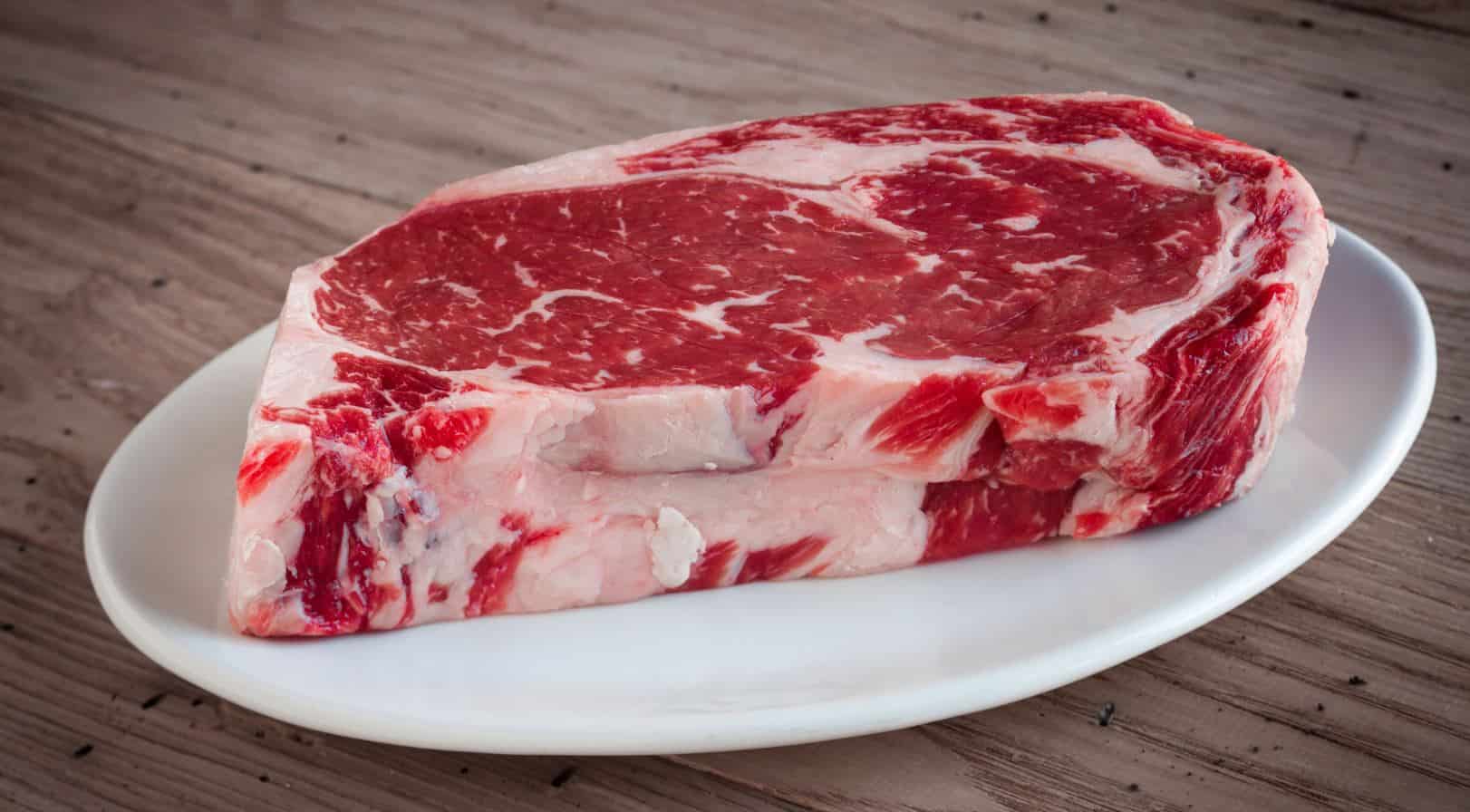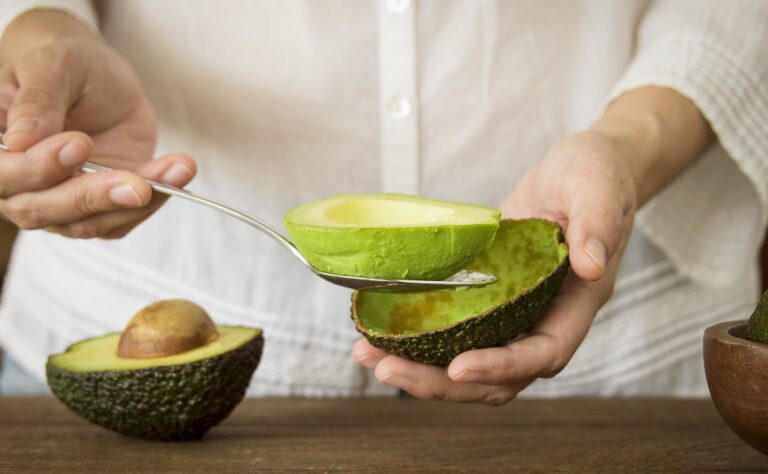
Freezing previously frozen raw meat, fish, or poultry could lead to bacteria growth.
Meats like sushi-grade tuna are previously frozen for 48 hours before it makes its way to the consumer, according to Murphy. He notes that many people think they are eating fresh tuna when they really are not. Murphy said that freezing meat that has already been frozen can result in poor quality and increases bacteria potential.
“Manufacturers usually freeze meat at 80 degrees below zero to help kill off any parasites. What happens during this rapid process is that, when the temperature cools and approaches freezing, the molecules within the meat don’t get to explode,” said Murphy. “When you refreeze the meat at a normal freezing temperature at home, usually about zero degrees, the meat becomes tough and does not taste good. You’re also just inviting this change for microbial growth because they don’t always die at freezer temperature.”
Additionally, Murphy points out that refreezing meat causes the product to exude liquid all over the place. This happens when the meat is refrozen at a different temperature and the cells explode.
“You’re freezing something that’s already been frozen and you aren’t freezing it properly at home. This causes product deterioration,” he said. “My general rule of thumb is to leave freezing up to manufacturers.”












